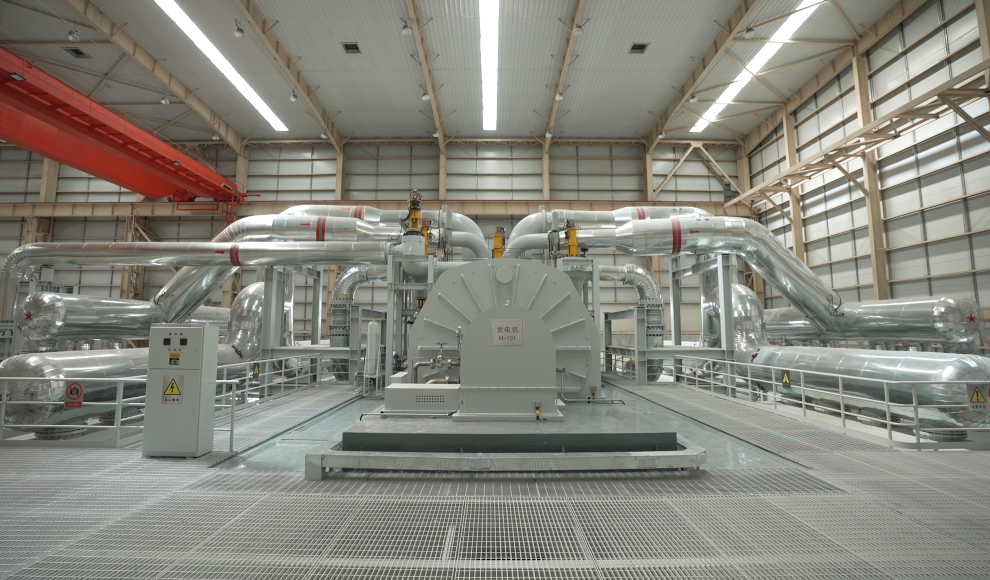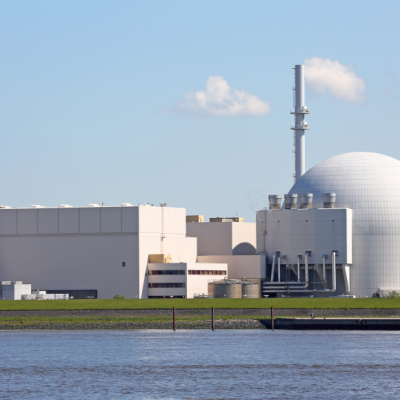A new technology has been developed that allows conventional diesel engines to run on hydrogen, increasing efficiency and significantly reducing CO2 emissions. Scientists at the University of New South Wales have modified a traditional diesel engine to run on 90% hydrogen, resulting in a 26% increase in efficiency and an 86% reduction in CO2 emissions when using hydrogen produced from renewable energy sources. The modified engines still require a small amount of diesel (10%) to be injected into the cylinders along with the hydrogen, but the timing of the injection is crucial to prevent the formation of harmful emissions.
The new technology has the potential to make many industries more environmentally friendly, particularly in Australia where diesel engines are widely used in mining, agriculture, and heavy industry. According to lead researcher Shawn Kook, “This new technology significantly reduces the CO2 emissions of existing diesel engines, so it could make a big contribution to reducing our CO2 footprint, especially in Australia with its mining, agriculture, and other heavy industries.” However, the storage of hydrogen remains a challenge, particularly for applications such as truck engines where the hydrogen must be stored and moved. Kook suggests that additional hydrogen tanks may need to be integrated into the system for these applications.
Despite this challenge, solutions are expected to be available on the market within the next one to two years. The potential benefits of this technology are significant, as it could help to reduce the carbon footprint of many industries and contribute to a more sustainable future. By using hydrogen produced from renewable energy sources, the environmental impact of diesel engines can be greatly reduced, making them a more viable option for many applications.










